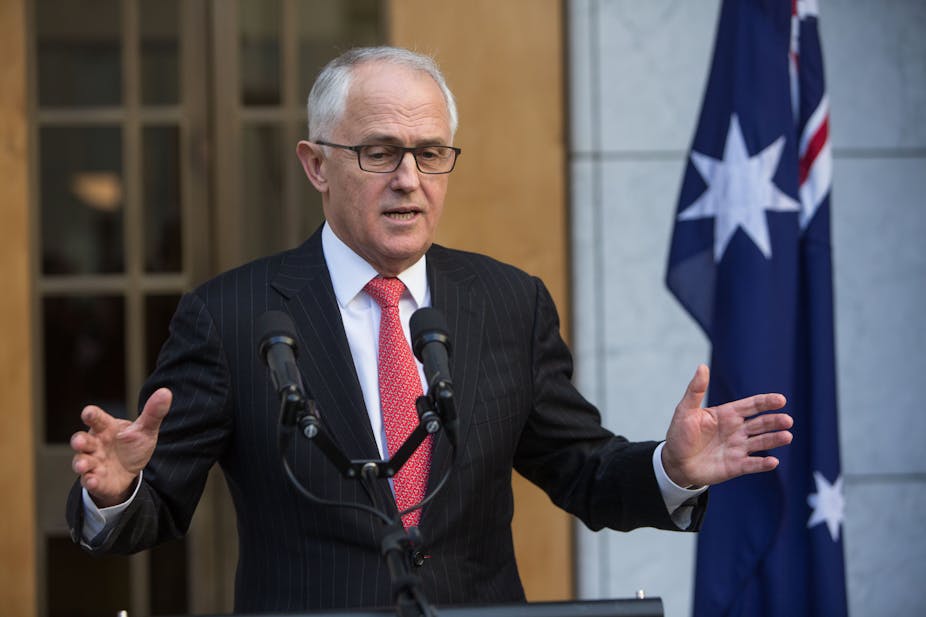Prime Minister Malcolm Turnbull has asked states and territories to finalise a post-sentencing detention scheme for terrorism crimes so legislation can come in quickly.
The proposed regime will allow high-risk terrorist offenders to be held beyond their sentence. The court-supervised process will be similar to the arrangements in a number of jurisdictions for sex offenders and extremely violent criminals.
Turnbull has spoken by telephone to first ministers and is also writing to them.
The government stresses the measures need to balance community security and individual rights.
Turnbull’s action follows his request for counter-terrorism co-ordinator Greg Moriarty to advise on lessons to be learned about lone-attacker terrorists in the wake of the Nice killings.
In his letter to first ministers Turnbull says “our governments must do all we can to protect the community from individuals posing a high risk of re-offending and/or those in need of continued rehabilitation. The guiding principles of a post-sentence preventative detention scheme would be that it cover high-risk terrorist offenders and contain appropriate procedural protections and safeguards”.
Turnbull has asked Attorney-General George Brandis to convene a meeting of attorneys-general as soon as practicable to consider the scheme and ensure legislation can be introduced quickly. The states and territories have earlier agreed in principle to the plan and work has started.
On Sunday Brandis warned about the use of language when speaking about terrorism. He said care had to be taken not to “spray the word terrorism around too loosely”.
“Not every mass casualty attack is an act of terrorism. Not every premeditated act of violence is an act of terrorism. Our law has a very specific definition of terrorism. Terrorism is an act of violence or a threat of violence perpetrated for a political, religious or ideological cause, to coerce government or to intimidate the public,” he told the ABC.
The young man who carried out last week’s attack in Munich, killing nine people and wounding many others, is said to have been obsessed by mass killings. German police authorities have indicated it is unlikely his action was driven by Islamist extremism.

